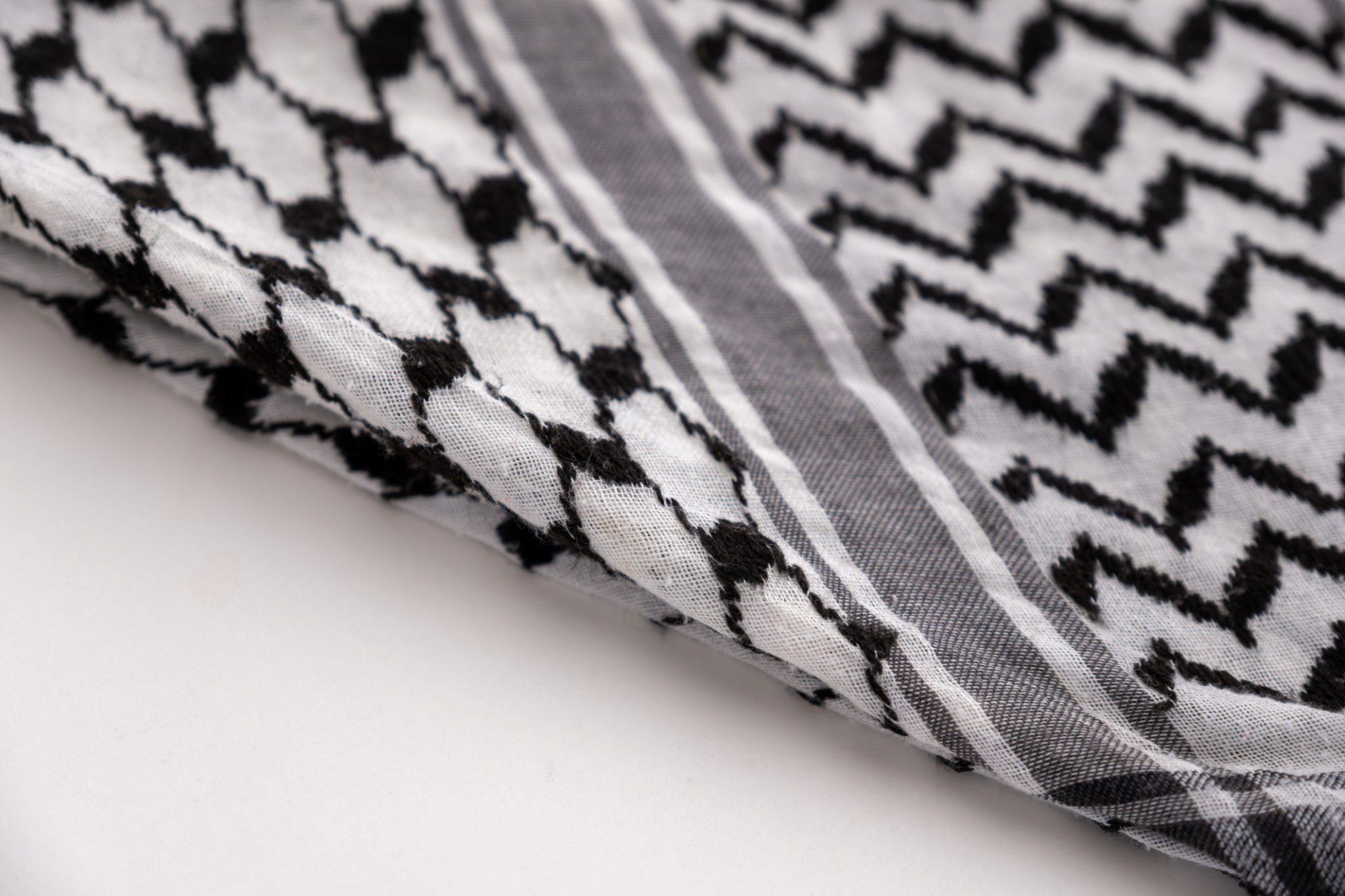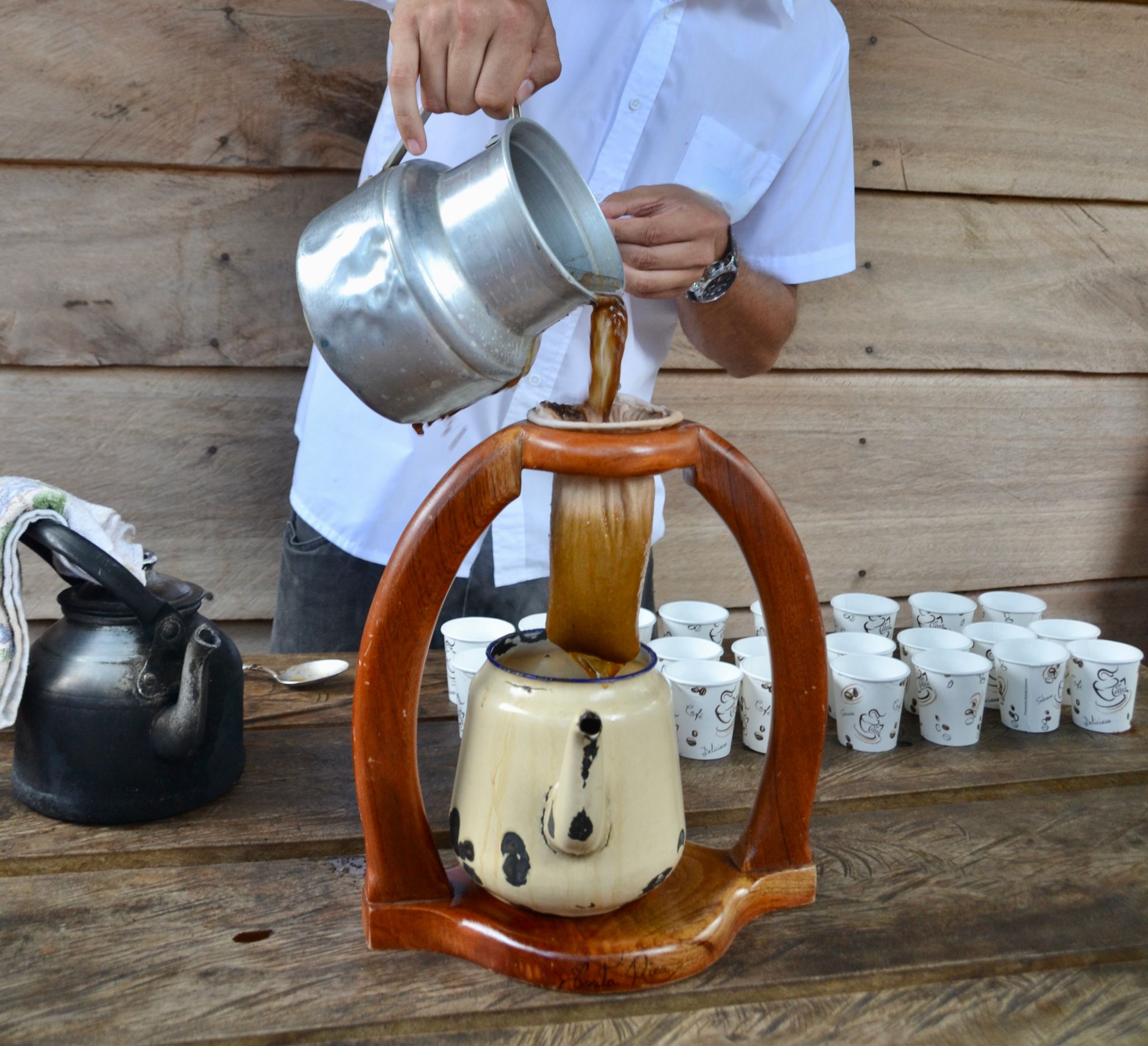What Sets Palestinian Coffee Apart: A Taste of Tradition
A Rich History Brewed in Tradition
Palestinian coffee, known locally as "Qahwa," is not just a beverage; it's a cultural emblem that speaks volumes about the region's history and traditions. Steeped in rich cultural significance, Qahwa is more than just a morning pick-me-up; it’s a ritual that embodies hospitality, community, and tradition.
The art of making Palestinian coffee is passed down through generations, preserving the unique flavors and methods that make it distinct. The traditional preparation involves roasting green coffee beans with cardamom, creating a fragrant aroma that fills the air and sets a comforting tone for any gathering.

The Unique Flavor Profile
What sets Palestinian coffee apart is its distinctive flavor profile, largely influenced by the addition of cardamom. This spice gives the coffee a warm, aromatic quality that is both invigorating and soothing. The balance between the robust coffee and the sweet, spicy cardamom creates a unique experience for the palate.
Moreover, the coffee is typically brewed to be strong and thick, often served unfiltered. This method allows the grounds to settle at the bottom of the cup, offering a bold taste that lingers long after the last sip. It’s a flavor that represents the complex history and resilient spirit of Palestine.

Traditional Brewing Methods
The brewing process of Palestinian coffee is an art form in itself. It begins with roasting the green beans on an open flame, often in a special pan called a "mehmas." The roasting process is crucial as it develops the rich flavors that are characteristic of Qahwa.
Once roasted, the beans are ground into a fine powder and mixed with water and cardamom in a "dallah," a traditional coffee pot. The mixture is then simmered over low heat until it reaches the desired strength. This slow brewing technique ensures that every cup is bursting with flavor and aroma.

Cultural Significance and Rituals
In Palestinian culture, coffee is more than just a drink; it’s a symbol of hospitality and respect. Serving coffee to guests is an essential part of welcoming them into one's home. The act of preparing and offering Qahwa is deeply ingrained in social customs, often accompanied by conversations that strengthen community bonds.
Coffee ceremonies are common during various occasions such as weddings, holidays, and family gatherings. These ceremonies are opportunities for people to come together, share stories, and enjoy each other's company over this beloved beverage.

A Taste That Travels
While deeply rooted in Palestinian culture, the unique taste of Qahwa has crossed borders, gaining appreciation from coffee enthusiasts around the world. Its distinctive flavor profile makes it sought after by those looking to explore different cultural experiences through their palate.
Palestinian coffee's growing popularity is also attributed to the diaspora who have introduced this traditional beverage to new regions. As more people discover the rich taste and cultural significance of Qahwa, it continues to gain recognition as a unique blend that stands out in the global coffee scene.

Conclusion: A Sip of Heritage
Palestinian coffee offers more than just a caffeine boost; it provides a gateway into understanding a vibrant culture and its cherished traditions. From its unique flavor profile enhanced by cardamom to its deep-rooted significance in social rituals, Qahwa remains an enduring symbol of Palestinian heritage.
For those who have yet to experience this exceptional brew, taking a moment to savor a cup of Palestinian coffee is not only a treat for your taste buds but also an enlightening journey through history and tradition.
